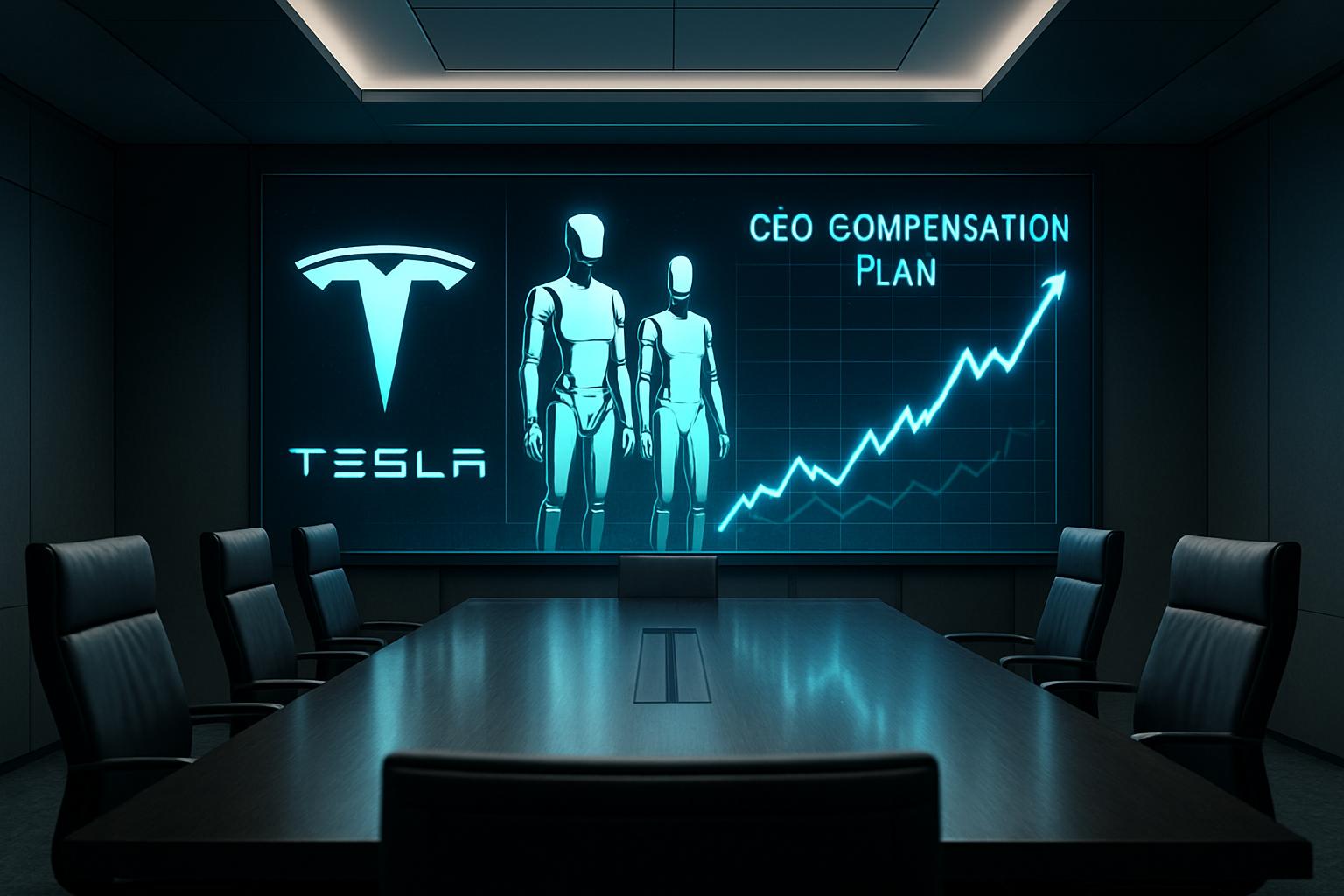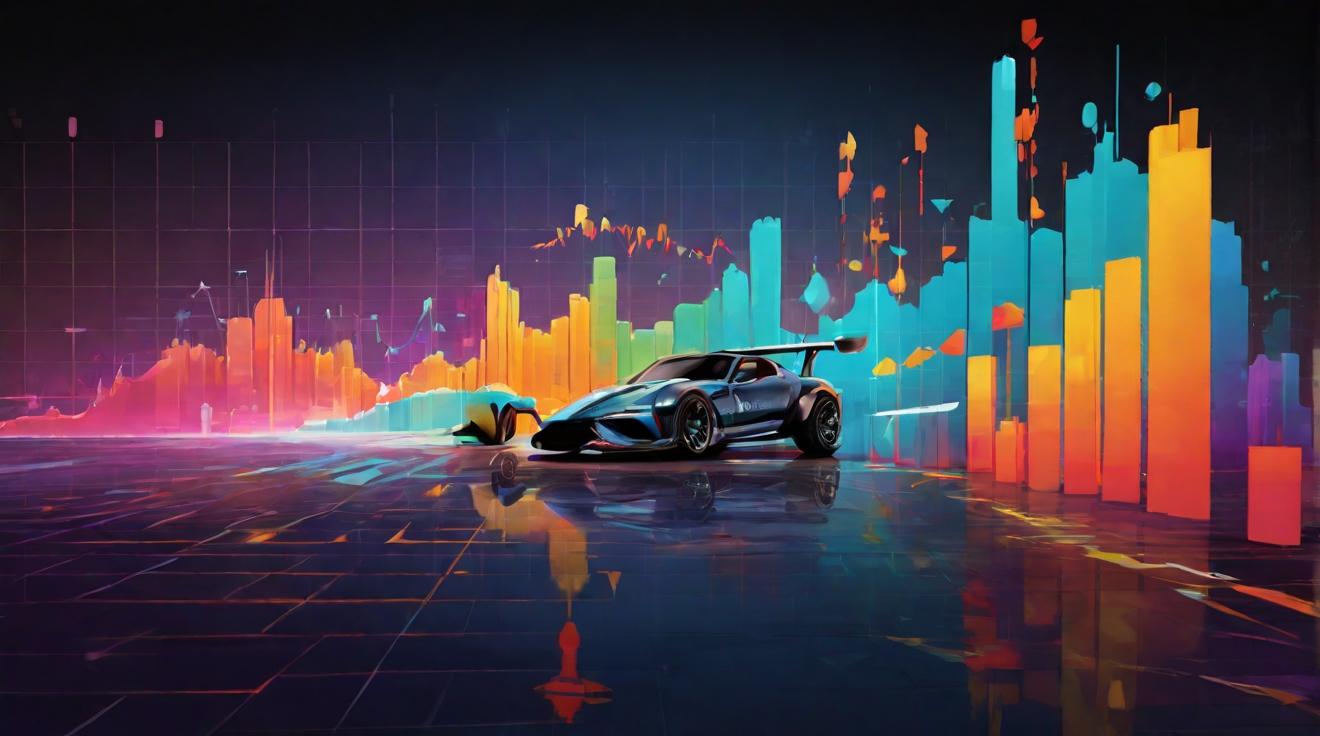Tesla Unveils Ambitious CEO Compensation Plan Worth Nearly $1 Trillion
Tesla has submitted a new proposal to shareholders seeking approval for a compensation package for CEO Elon Musk valued at approximately $975 billion at maximum payout. This plan is structured around 12 separate tranches of shares, contingent upon the company achieving substantial market capitalization and operational milestones over the next ten years.
Expanded Voting Power and Performance Benchmarks
The plan would grant Musk an additional 423 million shares, significantly increasing his voting control beyond his current 13% stake. To receive the first tranche, Tesla’s market capitalization must nearly double to $2 trillion, with the final target set at an $8.5 trillion valuation.
Operational benchmarks include delivering 20 million Tesla vehicles, attaining 10 million active Full Self-Driving (FSD) subscriptions, and producing one million Optimus robots and Robotaxis in commercial use. Additional financial targets involve adjusted EBITDA goals.
Board Perspective and Musk’s Broader Ventures
Tesla Chairwoman Robyn Denholm told CNBC that the compensation plan is designed to keep Musk focused on Tesla’s long-term success without imposing minimum work hour requirements. “If he performs and hits the super ambitious milestones, he earns equity,” she explained.
Musk’s attention is divided among several ventures, including SpaceX, Neuralink, The Boring Company, and his AI startup xAI, which recently merged with his social media platform X. Tesla is also asking shareholders to vote on investing in xAI at the upcoming November meeting.
Context of Legal Controversies Surrounding Musk’s Pay
This new pay proposal follows a Delaware court ruling that invalidated Musk’s 2018 pay plan, finding it excessive and improperly approved without adequate shareholder information. The 2018 package, valued at roughly $56 billion at vesting, was the largest executive compensation plan in U.S. history.
Tesla has challenged the ruling, even changing its state of incorporation from Delaware to Texas. Efforts to retroactively ratify the 2018 plan were rejected by the court, and the case remains under appeal.
Market and Corporate Challenges
Tesla currently faces a sales downturn attributed to an aging product lineup, increased competition from Chinese automakers, and consumer backlash linked to Musk’s political statements. Despite these challenges, Musk projects significant future growth from Tesla’s robotics division, Optimus, which he recently suggested could account for up to 80% of Tesla’s valuation.













